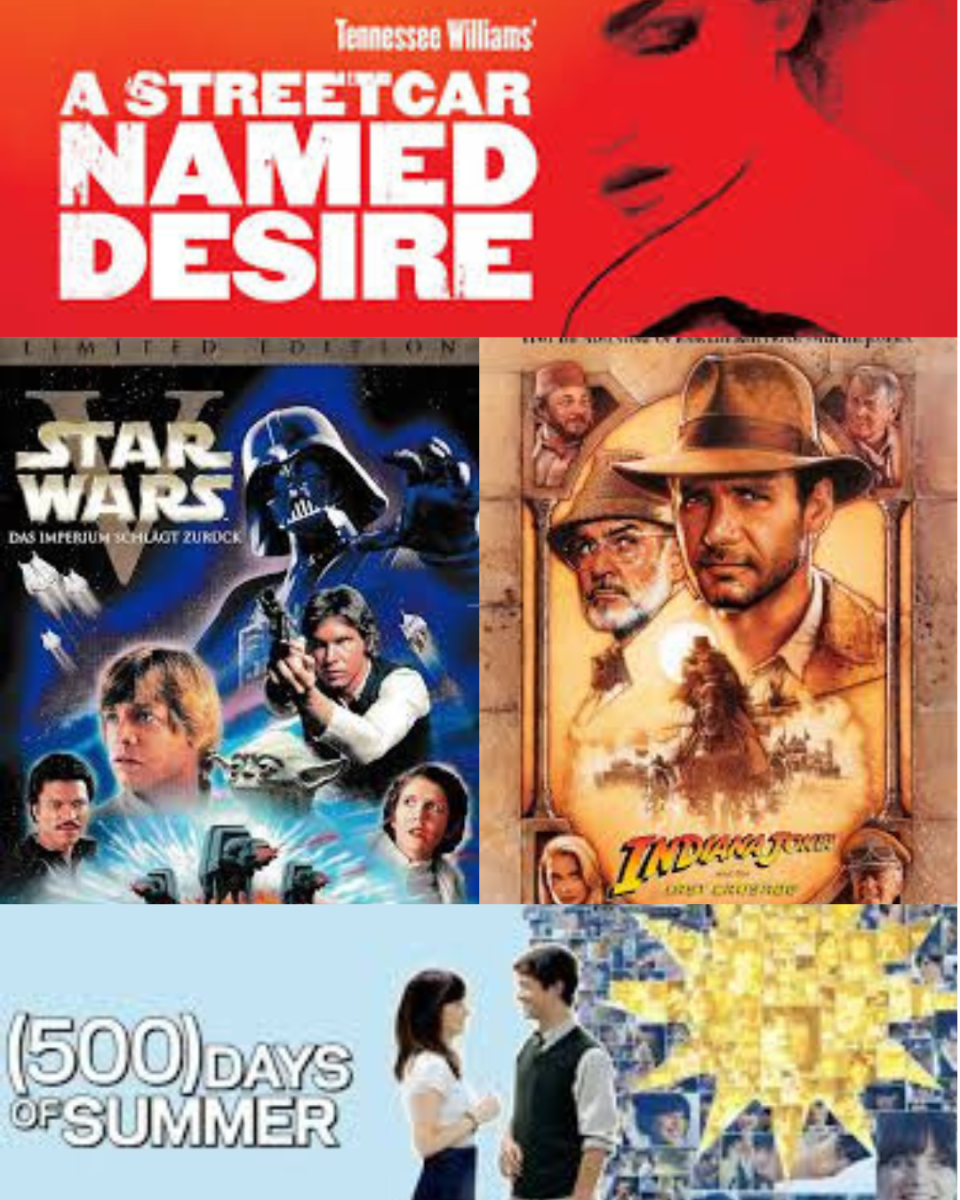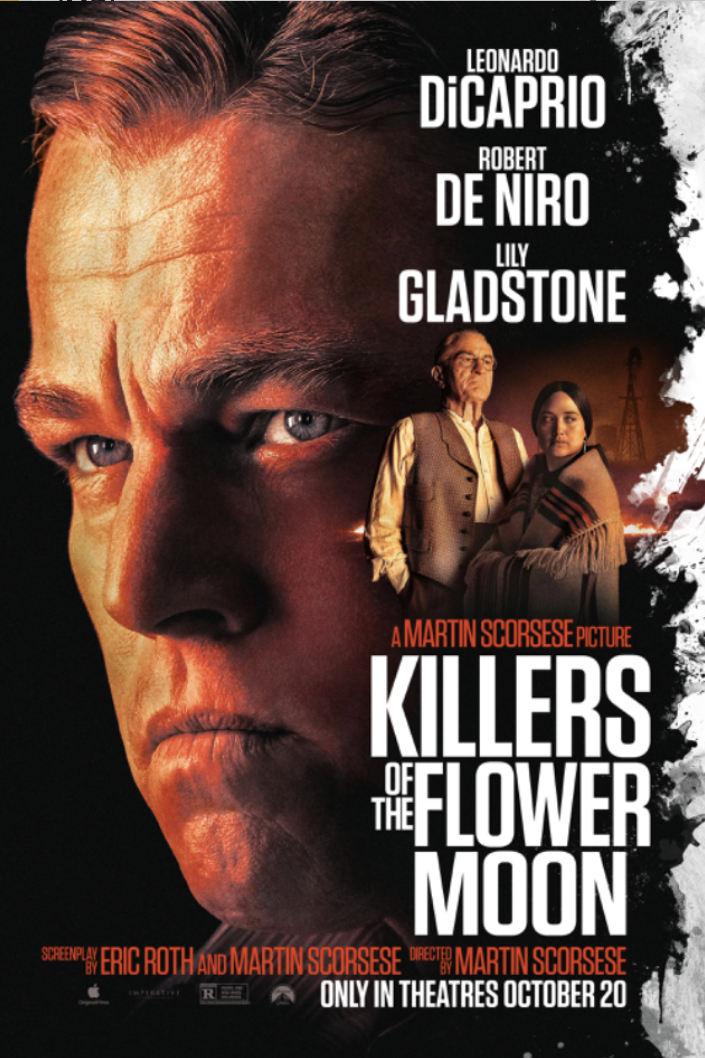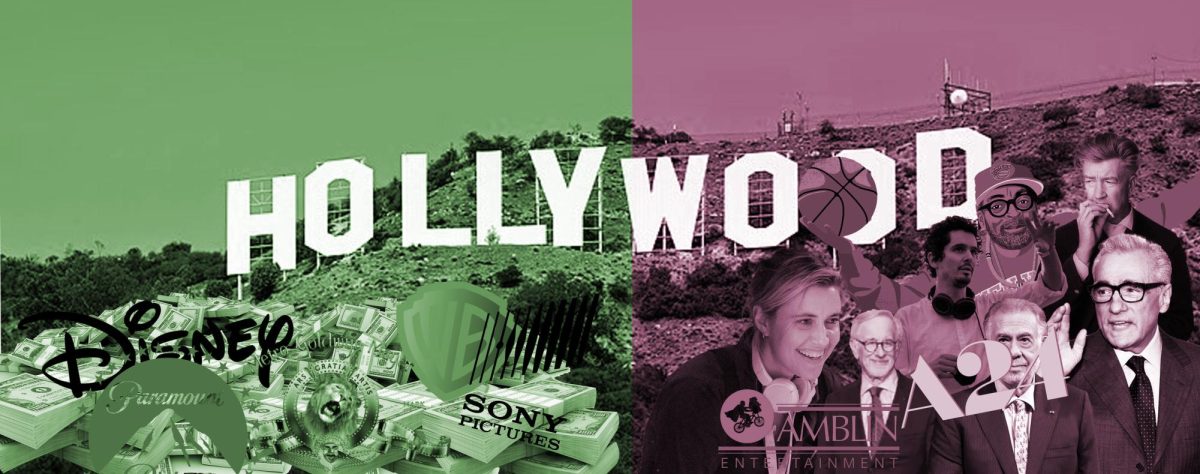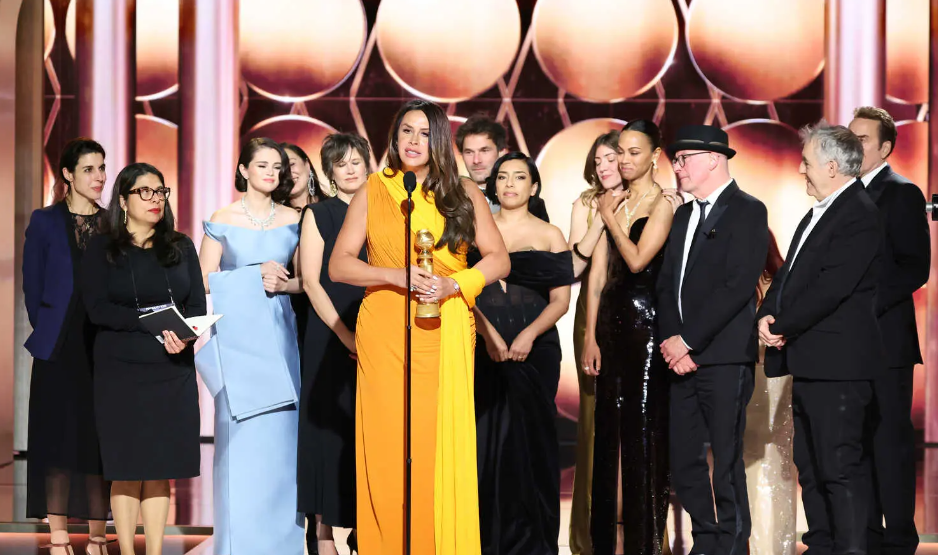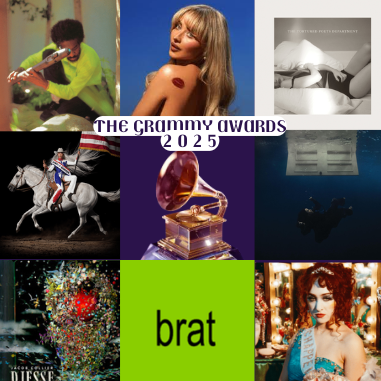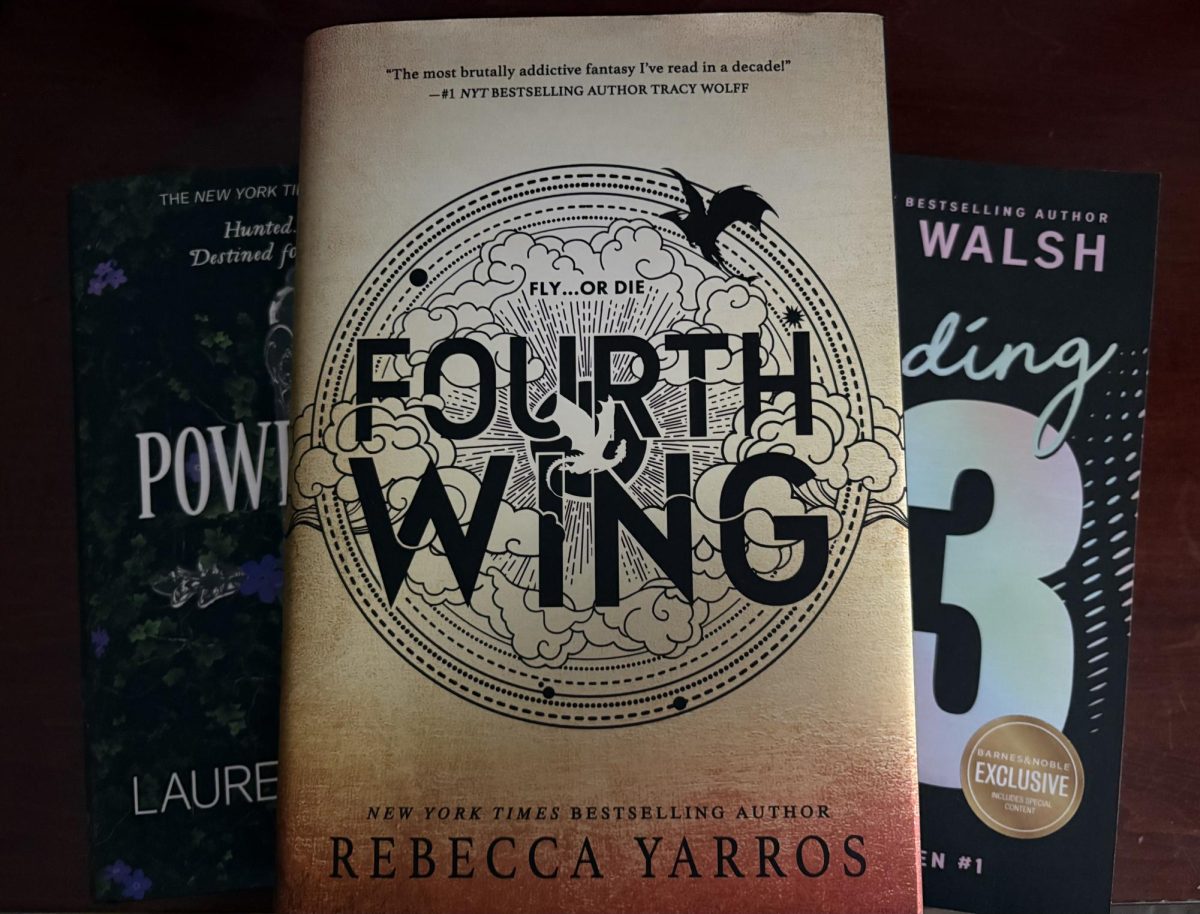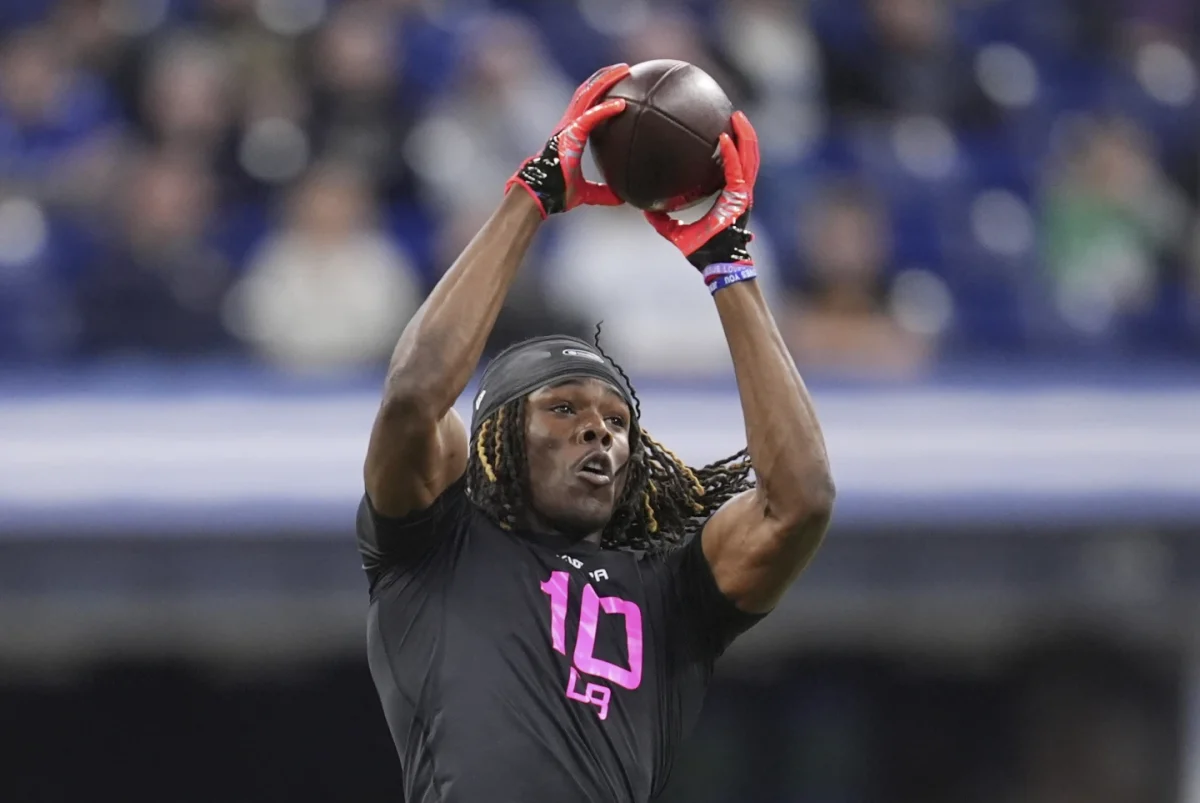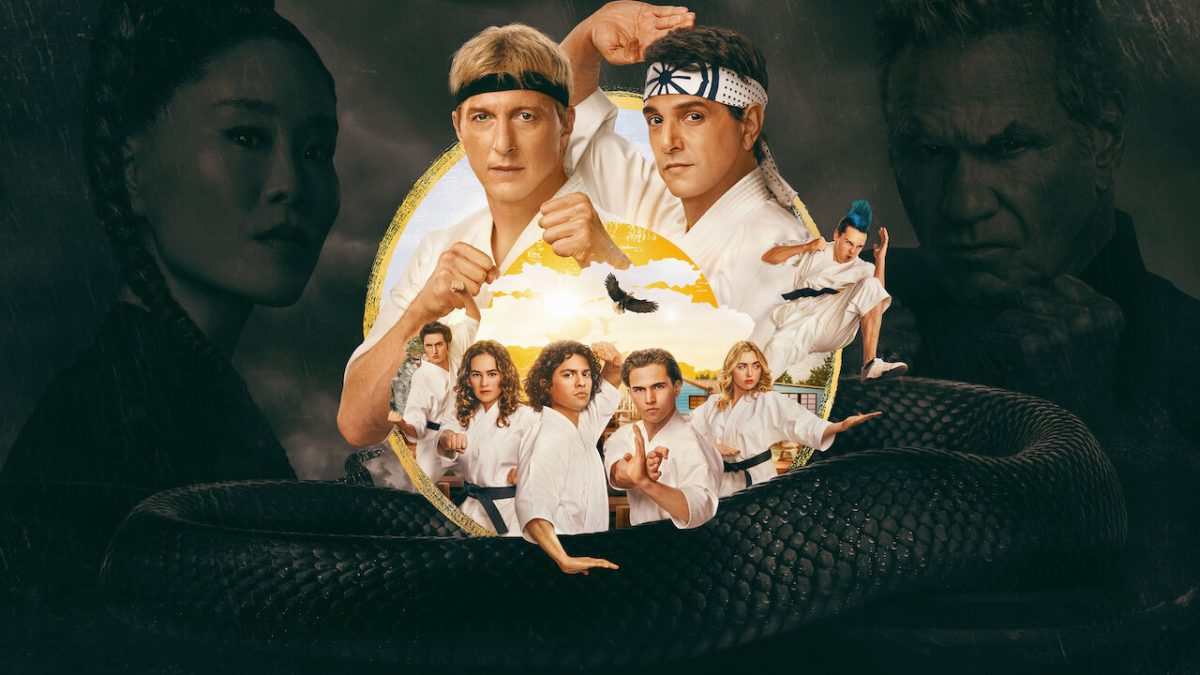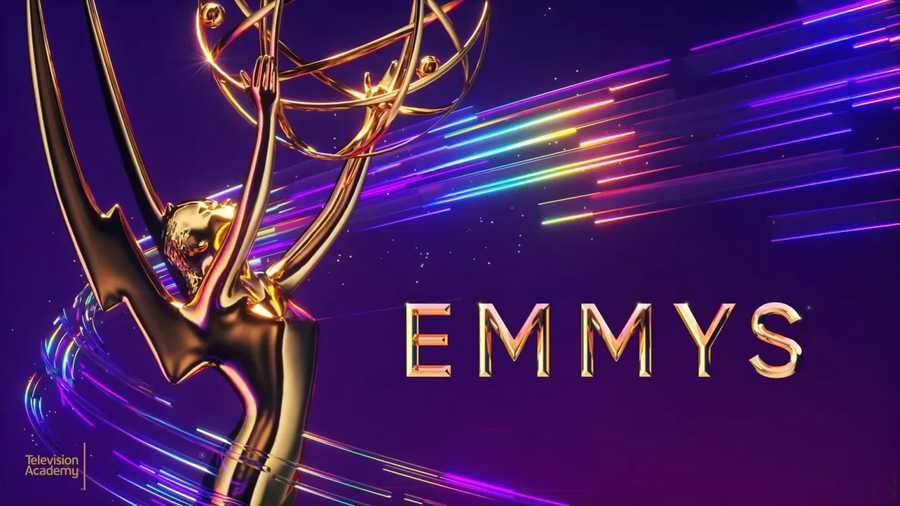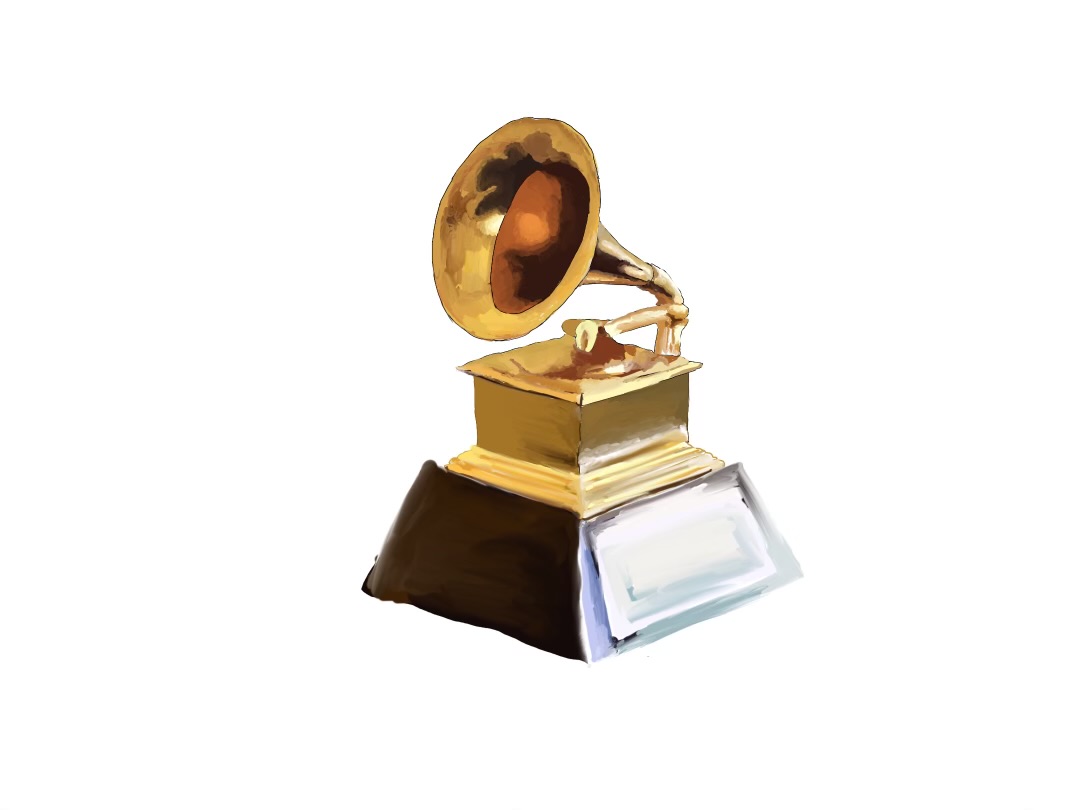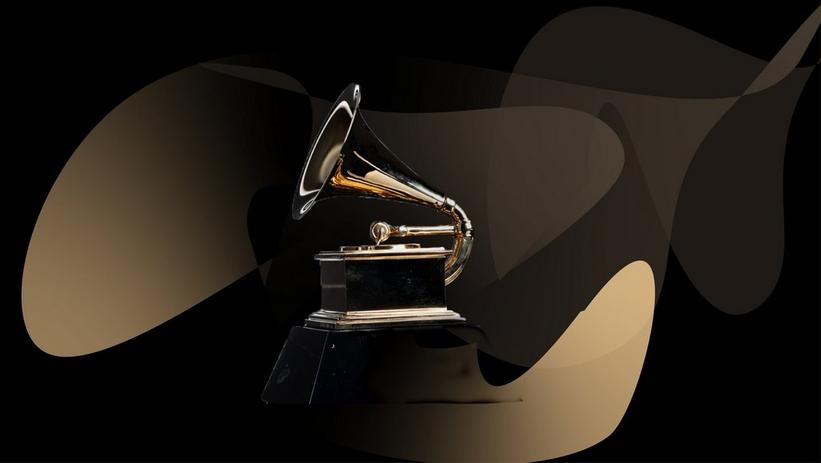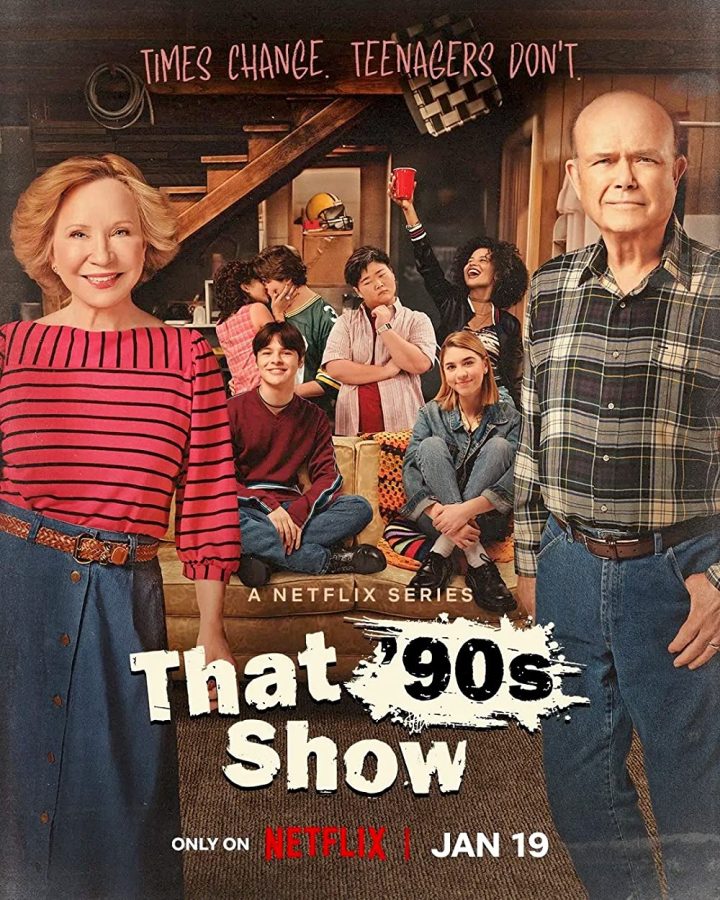When it comes to producing television, no brand has set a higher standard of quality than HBO. In its over 50-year lifespan, the network has never stopped pushing the boundaries of quality and innovation through storytelling. HBO originals appeal to audiences and critics alike, building a legacy on everything from absorbing drama to clever comedy—all produced at the highest level. But why is HBO’s lineup of television shows so dependably superior to the rest? Strikingly bold decision-making and a strong variety of content puts HBO at the paramount of TV.
Arguably, in drama, HBO has the best track record there is. Shows like “The Sopranos,” “The Wire,” “Six Feet Under,” “Succession” and “Game of Thrones” have been so groundbreaking for television that they’ve transcended the genre and changed the medium altogether. For example, “The Sopranos” (1999–2007) did not just redefine the crime genre, it changed the way stories were told on TV. With the character of Tony Soprano, portrayed by James Gandolfini, HBO introduced television to the morally ambiguous protagonist—one who exists in a space between good and evil. This archetype of character became responsible for a whole string of other generation-defining characters and shows from other networks, like Walter White in “Breaking Bad” and Don Draper in “Mad Men.” Creating a show with an unprecedented style of protagonist was one risk that HBO had no fear of taking.
Another instance of HBO being rewarded for its risk is found in “Game of Thrones” (2011–2019). Ironically, for a story that would traditionally be considered nerdy by the general public, “Game of Thrones” became a global phenomenon, dominating 2010s television. The showrunners made sure the audience was kept in constant suspense, subverted expectations and ensured that the show remained entirely unpredictable. With its feats in visuals, shock value and rich political drama, “Game of Thrones” has set a standard for all other television dramas to compare themselves to.
Though HBO is mostly known for its dominance in dramatic programs, it also delivers hilarious and thought-provoking comedies. With shows like “Curb Your Enthusiasm,” “Veep” and “Barry,” HBO flexes its muscles in writing witty, memorable characters and dialogue that keep audiences laughing throughout. “Curb Your Enthusiasm” (2000–2024) gave new meaning to the sitcom. The lead of the show, Larry David, ensured “Curb Your Enthusiasm” remained consistently entertaining with his skillful improvisation and hilarious social commentary. Similarly, “Veep” is also notable for its political commentary and rapid dialogue. In both shows, HBO is again fearless in the decisions it makes, delivering dark, unpredictable comedy and not shying away from uncomfortable topics. HBO’s talent in the comedy genre may be most prominent in “Barry” (2018-2023), which masterfully blends dark comedy with existential drama. The layered story follows a hitman-turned-actor and his attempts to escape his past. The show combines multiple genres into hysterically thought-provoking episodes, each only 30 minutes in length. Nothing HBO does is conventional, and comedy is no outlier to that.
Variety is the key to HBO’s dominance, for the network really does have a show for everyone. From family dramas like “Succession,” to mind-benders like “Westworld” and historical epics like “John Adams,” HBO makes it unapologetically clear that it can dominate any genre. The network finds success with star-studded casts, like in “True Detective” and “Big Little Lies,” and with casts of actors trying to make a name for themselves, like in “Chernobyl” and “The Leftovers.” HBO finds acclaim with anything it tries because the network has never been afraid of risk—rather, it welcomes it. The network bets on fresh voices, bold concepts and unique visions. After all, HBO has always been more than willing to challenge the status quo: it financed shows like “Sex and the City,” “Insecure” and “The Wire,” which each opened up uncomfortable conversations about gender, sexuality and race that other networks were afraid to touch. It is this fearlessness in storytelling that has continued to keep HBO ahead in the game, pushing boundaries but still keeping mass appeal. Whether it be the uncensored political satire of “Veep,” the visceral character portrayals of “Euphoria” or the philosophical depths of “The Leftovers,” HBO refuses to water down its narratives for the sake of accessibility. Instead, the premium network has come to rely on its audience engaging with complex themes, morally ambiguous characters and storytelling. This commitment to challenging, thought-provoking television is what separates HBO from the rest. HBO’s not just making content, it’s shaping the conversation.



